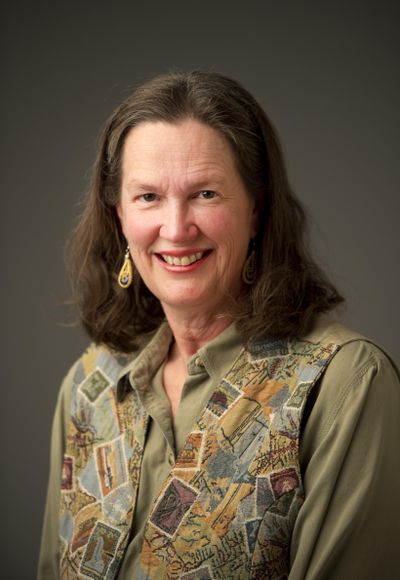Sue Lani Madsen: Fragmented presidential primary sidelines Washington

Washington’s primary was established by the Legislature in 1989 after a successful voter initiative forced the issue. The effort was part of a larger national movement to add transparency to the presidential nominating process. To quote from the law: “It is the intent of this chapter to make the presidential selection process more open and representative of the will of the people of our state.”
The 2000 presidential primary was the last time we had candidates from both parties popping up all over Washington. The 2004 primary was canceled when Democrats did not use the primary results and Republicans were on track to nominate an unopposed President George W. Bush.
In 2008 and 2012, the Democrats continued to use the caucus system while Republicans split the delegate selection 50/50 between the presidential primary and the caucus. This hybrid was an attempt to respect both the intent of the law and the loyalty of grass-roots activists, but was too fragmented to be a candidate magnet.
This year, Republicans will rely solely on the open primary to determine which candidate (or candidates) their caucus and convention-elected delegates will support, while Democrats will continue to use closed party caucuses. The Republican process occurs in every county across the state on the same date, same time.
Republican delegates will be pledged in proportion to the May 24 presidential primary vote, by congressional district for 30 delegates and statewide for 11 at-large delegates. Three state party officers are unpledged automatic delegates, for a total of 44 out of 2,472 nationally. If other party leaders or elected officials want to attend the national convention as a delegate, they have to compete at the state convention like everyone else.
This year, being a delegate to the Republican National Convention may be more meaningful than it has in decades. If no candidate has a majority plus one on the first round of balloting, each delegate will be on their own to make a decision. Delegate selection will be critical.
Washington State Democratic Caucuses are scheduled statewide for March 26. Washington Democrats will send a total of 118 delegates out of 4,763 nationally. Of the total, 29 are Party Leader and Elected Official level, also known as the unpledged “super delegates.” It’s the super delegate system that led to Bernie Sanders beating Hillary Clinton 60 percent to 38 percent in the New Hampshire primary vote yet ending up with the same number of delegates.
A primary draws more participation than caucuses, particularly from independent voters, and Washington voters are fiercely independent. The law governing the primary states “to the maximum extent practicable” the national party delegates should reflect the will of the people as expressed in the presidential primary. The date is set by law as the fourth Tuesday in May and can be moved with the concurrence of both parties.
Voters will have to pick either a Democratic or a Republican ballot and sign an oath. Voters are on their honor not to cheat by participating in the Democratic caucus and then voting in the Republican primary. Republicans have muttered darkly about how you can’t trust Democrats not to ignore the oath and vote a Republican ballot for the weakest candidate. I hope people will be honest, but I once heard a prominent Democrat boast of just that sort of mischief.
This weekend there will be a presidential primary in South Carolina. Candidates have been town-halling across the state. We had an opportunity for that experience as part of the campaigns’ first swing through the West in early March, but Washington Democratic Party leaders rejected proposals to move the date up to March 8. It’s a missed opportunity for a more open presidential selection process in an exciting election year.
Sue Lani Madsen can be reached at rulingpen@gmail.com or on Twitter: @SueLaniMadsen.